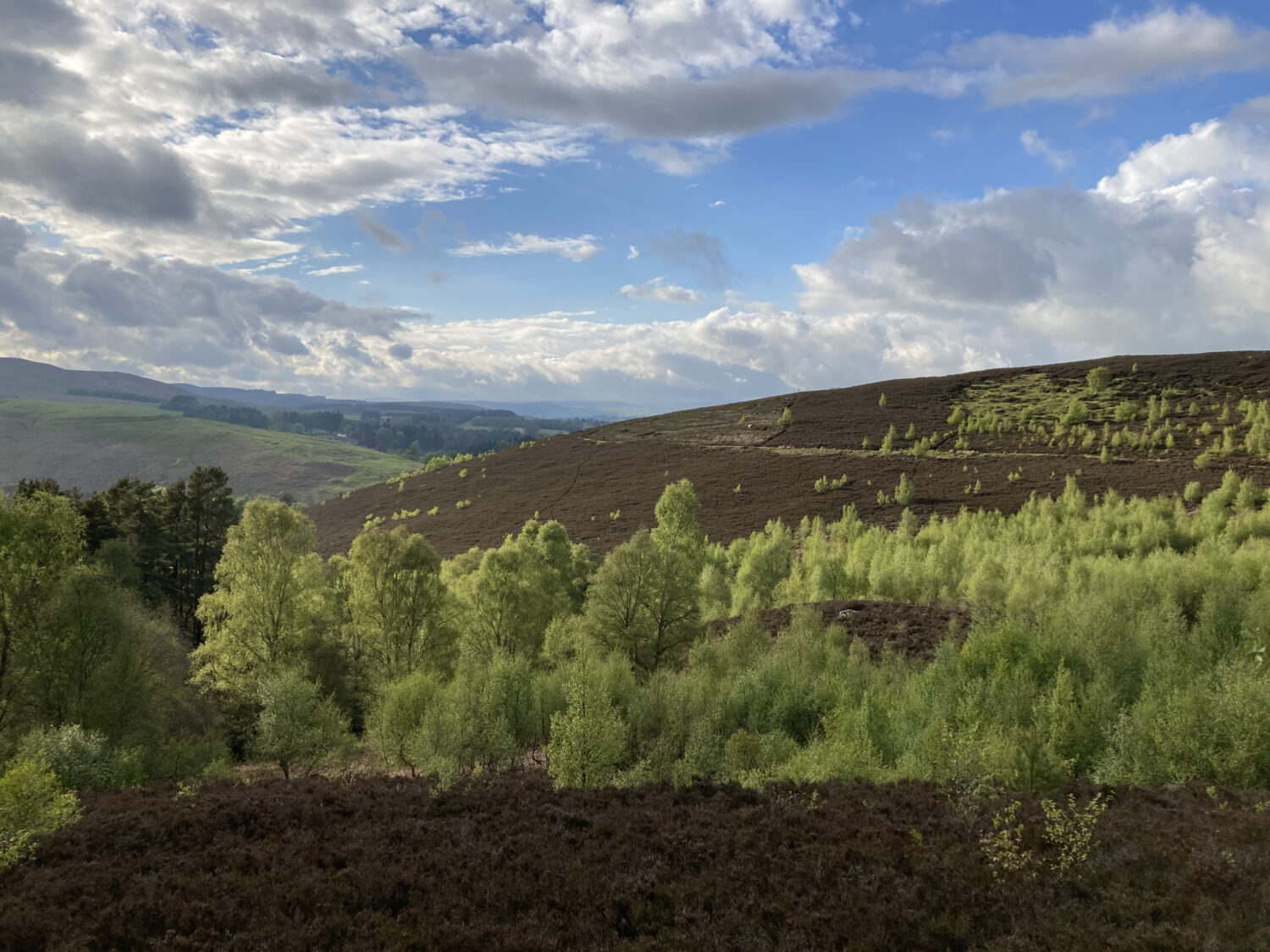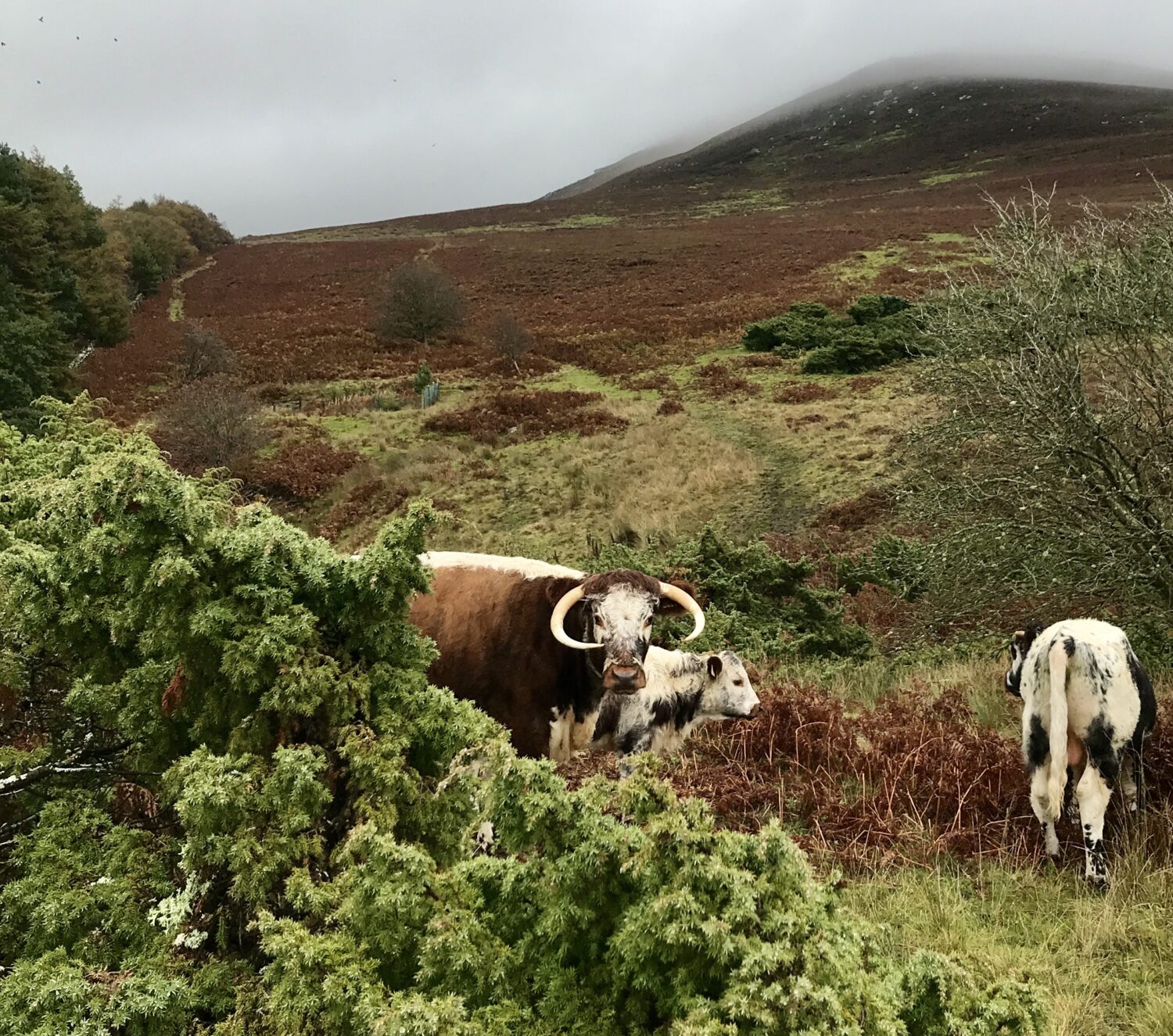Explore the recent findings of the State of Nature Report 2023 in this latest blog.
Recntly, the State of Nature Report 2023, was announced. This report contains a summary of the key findings and changes to UK wildlife, collated by many conservation and research organisations across the country.
As with other countries around the world, the UK is still experiencing a significant decline in biodiversity across terrestrial, freshwater, and marine ecosystems. Factors driving the loss of biodiversity include intensive agricultural land management, climate change, and the over-extraction of our natural resources, as well as the prevalence of invasive non-native species, outcompeting native species.
19%
decrease in terrestrial and freshwater species
54% and 59%
decrease in flowering plants and bryophytes
24%
decrease in seabirds
Statistics from the State of Nature Report 2023
Wildlife diseases remain a threat to our wildlife, most notably the continued outbreak of Highly Pathogenic Avian Influenza (Bird Flu), affecting birds both inland and out at sea. Its influence can be seen closer to home, impacting the breeding terns on the Farne Islands and the Kittiwakes along the River Tyne, which is the world’s furthest inland breeding colony of Kittiwakes.
However, in recent years, the concept of ‘rewilding’, allowing the restoration of natural processes through species reintroductions and working with landowners to manage the land more sympathetically for nature is becoming more popular. The Knepp Estate is a great example of championing and showing that rewilding can be both beneficial to wildlife and people. Through rewilding, it has helped species such as Purple Emperor, Nightingale and White Storks, generating a source of income, while improving human well-being through eco-tourism, bringing nature closer to people.
We have never had a better understanding of the State of Nature and what is needed to fix it.
State of Nature 2023
In Northumberland, the Hepple Estate demonstrates rewilding in action, with careful grazing regimes using English Longhorn cattle and Exmoor ponies, helping to create a mosaic habitat, featuring scrubland, woodland, bogs, and grasslands. One of the many highlights around the estate is the healthy population of Juniper, a regionally scarce species, and its berries are incorporated into the Hepple Gin. The production of Hepple Gin and organic pasture-fed beef showcase the possibilities of nature-based enterprise in a time when nature needs your help.


At NHSN, our vision is to inspire many more people to enjoy, understand and protect North East nature. Through our ongoing citizen science projects, we are encouraging the noticing of nature from the Tweed to the Tees, as locals go out to record wildlife contributing to scientific research. More recently, with the release of Nature’s Cure In Time of Need and Gosforth’s Wild Web projects, we explore what nature means to you through the stories you’ve shared with us and revealing what urban wildlife can be spotted at your doorstep. Through these projects, it is hoped that you will notice what role nature plays in your day-to-day life. How can we protect nature if we do not come to discover the value it brings to us?

You can download and read the full State of Nature Report 2023 here.
You can enjoy seeing how rewilding is making a positive difference for wildlife at Haweswater in the recent NHSN talk by Lee Schofield here.
Thanks to your continued support, we can act locally to inspire wonder for the natural world.